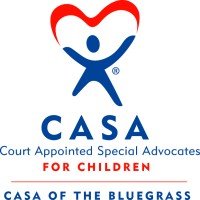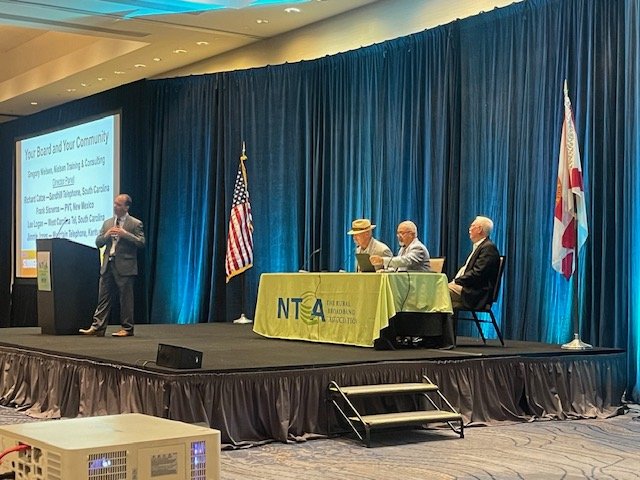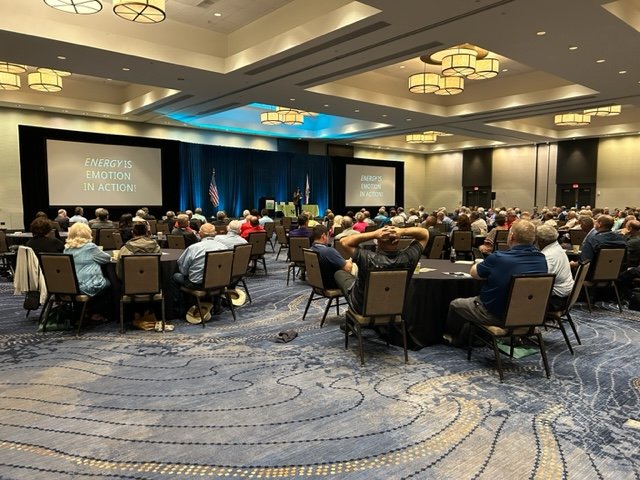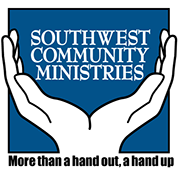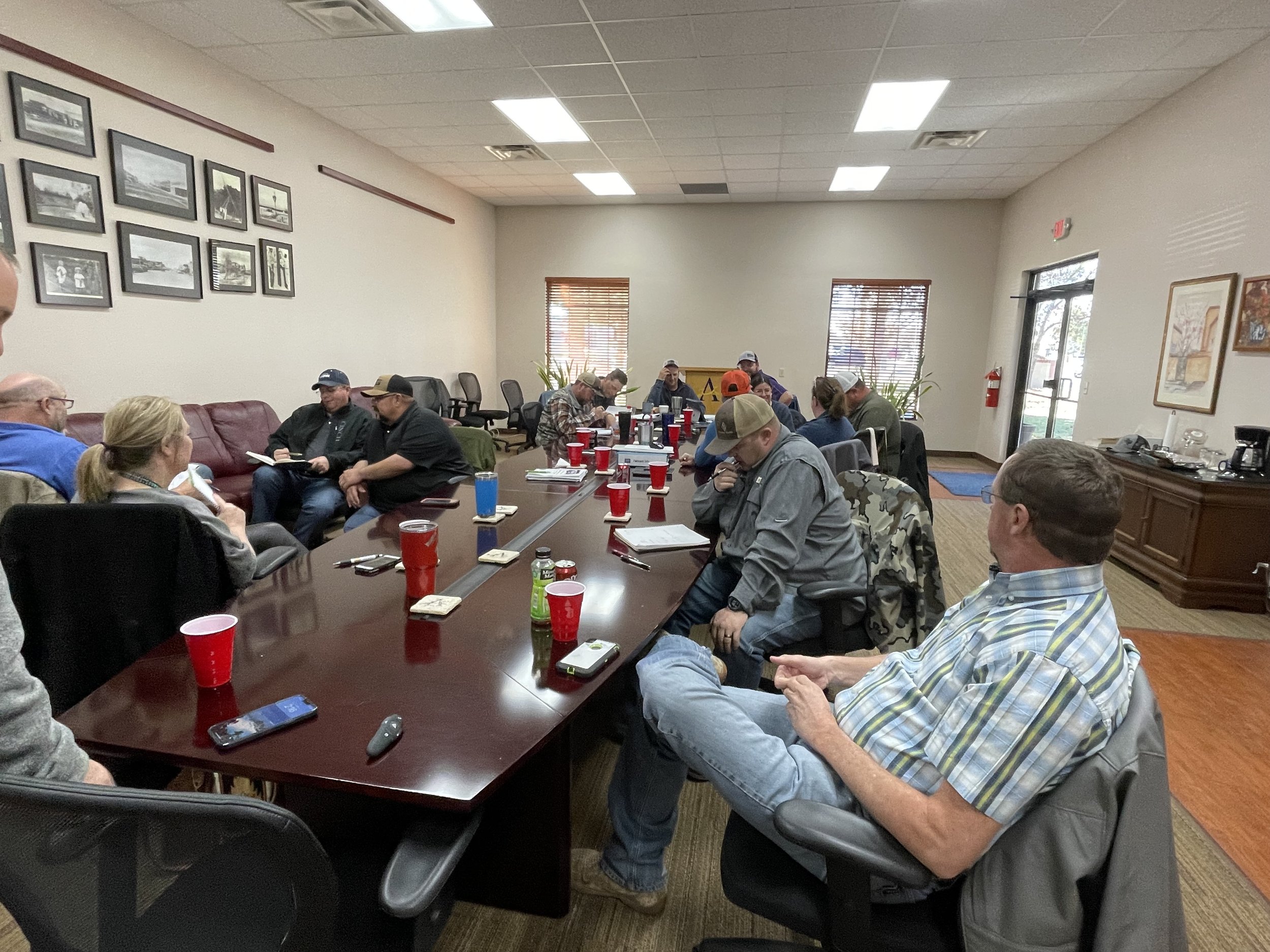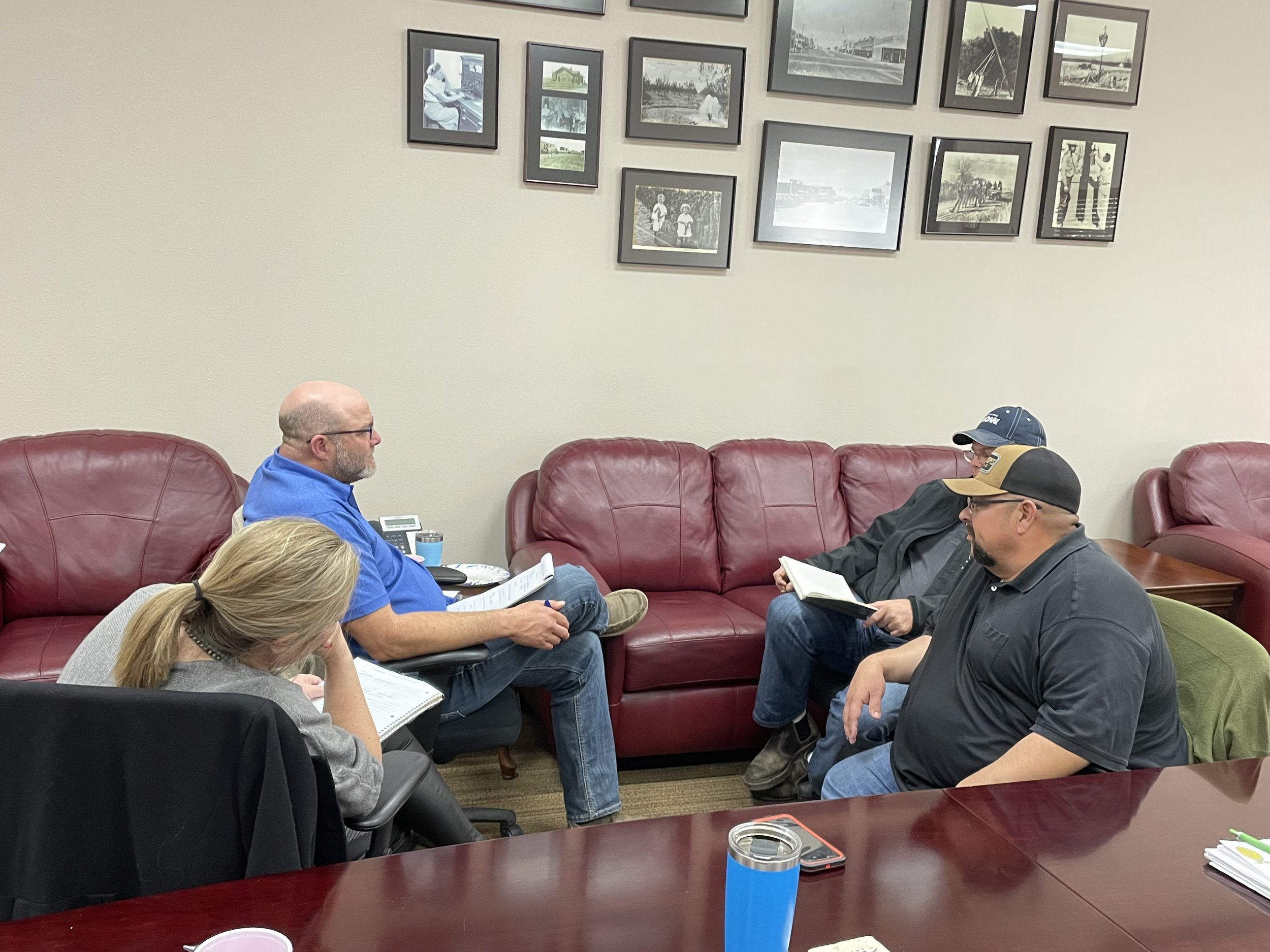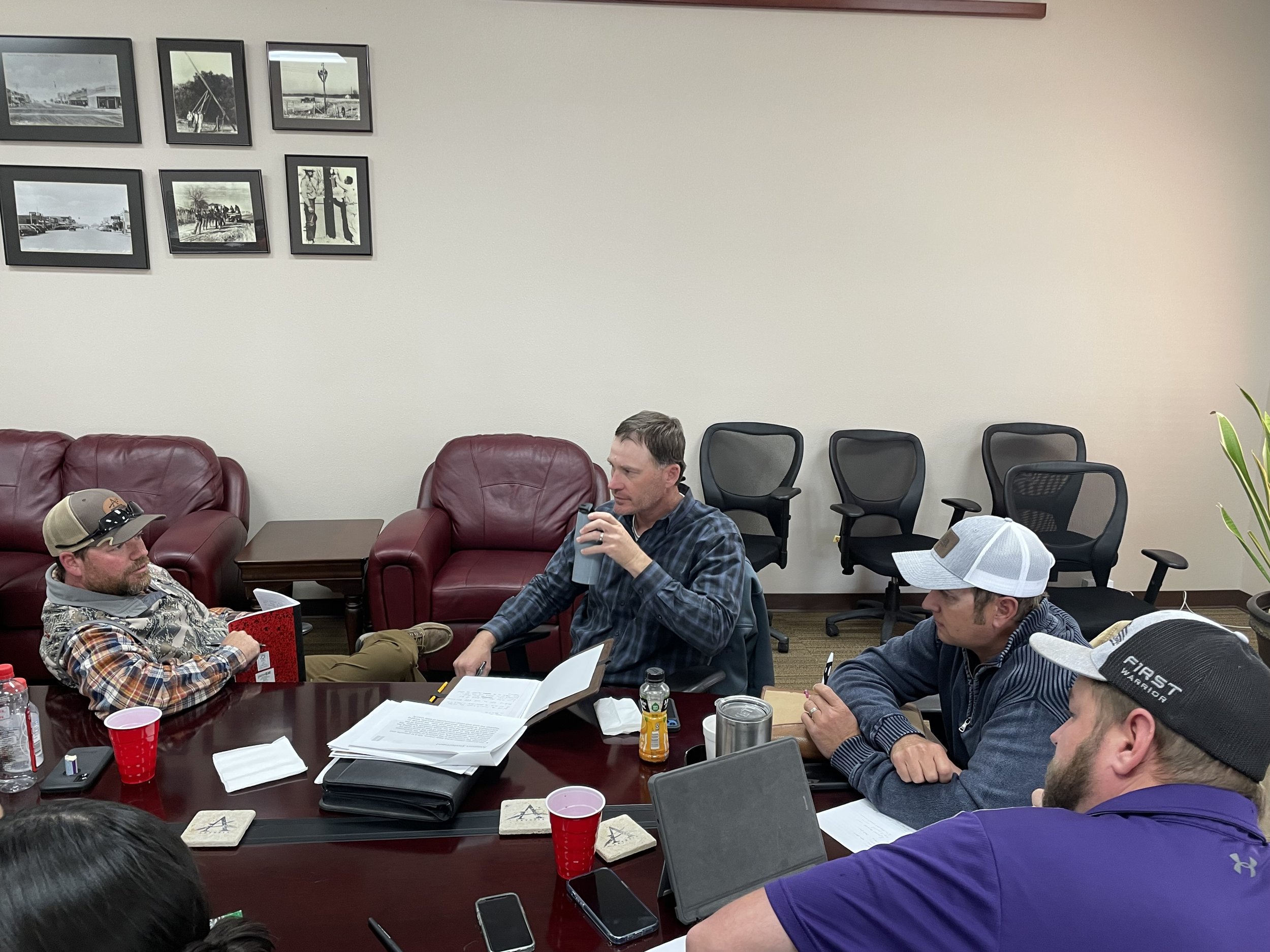A healthy Board requires leaders who are informed, engaged, and inspired. It was a blast being in Evansville, Indiana last week presenting our Board Champions: Habits and Practices of Healthy Boards workshop. Thank you to Welborn Baptist Foundation for the invitation and also to the tremendous leaders who attended and inspired such a great discussion!
Access to public transportation and mobility options strengthen individuals’ independence and is a backbone for community growth and development. It was an honor to facilitate a Board retreat this week with the team from IndyGo Foundation. The mission of the IndyGo Foundation is to help the community thrive by connecting people through accessible, equitable, and inclusive mobility solutions.
CASA of the Bluegrass recruits and trains Court-Appointed Special Advocates so every child who has experienced abuse, neglect, or dependency can be safe, have a permanent home, and the opportunity to thrive. I had a great time this past Saturday facilitating a Board retreat with the leaders of this amazing organization!
In partnership with Welborn Baptist Foundation, I was honored to lead a session this week in Evansville, Indiana on Board Champions: Habits and Practices of Healthy Boards. I was so impressed with the talent and engagement of the Board members and nonprofit executives in the room as we had a fun and thoroughly interactive discussion!
Reach out to us if your organization or foundation is interested in bringing Board Champions to your community.
Last week I thoroughly enjoyed facilitating a multi-day Board retreat in Estes Park, Colorado with the talented team from National Drowning Prevention Alliance (NDPA). After facilitating their strategic plan back in February, it was inspiring to see how much this team has already accomplished. NDPA elevates awareness to educate, advocate, innovate, and equip to prevent drownings.
Thank you NTCA -- The Rural Broadband Association — for the invitation to speak at the first session of your Summer Symposium in Jacksonville, Florida. I throughly enjoyed moderating a panel discussion on Board governance and community engagement and leading sessions on developing healthy, engaged, and inspired Board members. See you next week in Minneapolis for the second session!
A thoughtful Board retreat informs, engages, and inspires Board members. This week, I enjoyed facilitating a retreat with the Board of the Council for a Livable World (CLW). CLW is a nonpartisan nonprofit promoting policies to reduce and eventually eliminate nuclear weapons, and to minimize the risk of war through lobbying and by helping elect and support Members of Congress who share these goals.
Healthy teams are characterized by shared expectations, mutual support, and a culture of accountability. Board and staff teams both greatly benefit from opportunities to step back from regular business to allow time and space for reflection, evaluation, and critical discussions. When planned thoughtfully and executed well, a retreat can be a vital tool that builds trust and strengthens relationships among team members, while helping to ensure that the team is positioned to govern or lead effectively. A retreat may also allow a divided team to address conflict or pull together to address a critical issue. As you consider your next Board or staff retreat, here are a few thoughts to consider:
Clearly define the purpose of the retreat
Perhaps your organization is launching a new program. Maybe your Board or staff team are working through a particularly challenging or stressful period. Possibly your team would benefit from time spent clarifying roles and expectations and building relationships. Whatever the purpose of your retreat, it is important to “keep the main thing the main thing.” Avoid trying to cram too many goals into one retreat and instead focus on the quality of the experience rather than the quantity of objectives. Most effective retreats have no more than 1-2 key goals.
Facilitation matters
Whether you are working with an external facilitator or facilitating the retreat yourself, remember that ultimately, the wisdom lies with the members of the team who are in the room. A retreat is not an opportunity for one leader to dominate the agenda and present to an audience. Rather, a thoughtful retreat is one in which every member of the team feels seen, heard, and valued. An effective facilitator promotes respectful discussion and debate throughout the day while ensuring that the objectives of the retreat are met.
Document key discussion points and commitments to action
A retreat is an opportunity to embrace change, to build consensus around new activities or behaviors, and to set meaningful priorities. Board and staff teams pay attention not only to what happens at the retreat, but more importantly, what happens after the retreat. Positive energy from a great retreat experience can quickly evaporate if team members perceive “nothing happened” after the retreat. Throughout your Board or staff retreat, ensure that key discussion points are captured, and where commitments have been made, be sure they are recorded and followed up on.
Have you had a particularly moving or impactful experience at a Board retreat? We'd love to hear about it. If you would like to create an engaging and inspiring retreat for your Board team, let's talk!
A Board retreat can be a vital tool that builds trust and strengthens relationships among Board members, while helping to ensure that the Board team is positioned to govern effectively. It was my pleasure to facilitate a Board retreat this week with the talented and committed Board of Southwest Community Ministries (SWCM). SWCM unites area churches, schools, businesses, and individuals to minister to the needs of neighbors who find themselves in poverty and/or crisis.
Honored to facilitate a meeting of the Board of the Council for a Livable World. The Council is a nonpartisan nonprofit promoting policies to reduce and eventually eliminate nuclear weapons, and to minimize the risk of war through lobbying and by helping elect and support Members of Congress who share their goals.
Through my partnership with Leadership Strategies, I was honored to spend the day facilitating a discussion of the Habits and Practices of Healthy Boards with the leaders of the Eddy County Fair in New Mexico. The Eddy County Fair brings tremendous economic value and provides valuable lifelong lessons of leadership for the children and families of the community.
While gratitude is best expressed year-round, this time of year serves as a gentle reminder to thank those who have been meaningful in our lives. For those serving on nonprofit boards, you may wish to thank your nonprofit’s leadership. Nonprofit leaders carry tremendous responsibility on their shoulders, and often serve as the keepers of the flame that is the organization’s mission. If you are a nonprofit board member and you are wondering how you can express gratitude to your organization’s leadership this year, below are just a few important suggestions.
Be Present
What many board members may not realize about nonprofit leadership is that it can be incredibly lonely or isolating at times. This loneliness is compounded when board members disappear or disengage for periods of time. Nonprofit leaders want to know they have a partner in the proverbial boat with them, rowing in unison towards a common destination. board members can demonstrate their commitment to the mission and respect for the organization’s leadership by showing up, both physically at meetings and emotionally through their engagement.
Own Your Lane of Success
In order for an organization to thrive, everyone must understand and embrace their unique role, what I refer to as your lane of success. For board members, this means embracing three critical responsibilities: setting strategic direction, providing meaningful oversight and ensuring adequate resources for the mission. Tangible actions such as ensuring the organization has an effective strategic plan in place or opening doors for the organization’s leadership in fundraising go a long way towards the ultimate success of the organization. Board members display gratitude for their nonprofit leadership when they own these roles while also respecting the unique lane of success for nonprofit staff leaders.
Provide Meaningful Support
Meaningful support from board members may come in a variety of forms, and a savvy, thoughtful board member will have a keen sense of what is most needed and valued by the leadership of the organization. Meaningful support means ensuring that nonprofit leaders are compensated fairly for the tremendous talent and value they bring to the mission. It also means ensuring that opportunities and resources exist for professional development or coaching, as all leaders strive to continuously hone their skills and gifts. Board members can display gratitude towards nonprofit leaders by establishing a culture of equitable compensation and embracing learning and development.
Embrace Complexity
The vast majority of nonprofits address challenges that are extremely complex, systemic, and have existed for generations. Often, the “right” program or course of action may be difficult to discern, or at the very least nuanced in its creation or implementation. Nonprofit leaders routinely express that they value board members who are willing to ask challenging or probing questions, but at the same time demonstrate a willingness to listen to learn when the answers may not be short or simple. One piece of advice board members may consider is to be willing to ask short questions and listen to long answers. Embracing the complexity of the mission demonstrates to nonprofit leaders that board members understand the challenges before them as well as the skill which it will take to address them.
Nonprofits thrive when there is a healthy relationship and partnership between its staff and board leaders. As board members reflect on how they might actively demonstrate gratitude towards their organization’s leadership, the actions above represent tangible ways in which they can strengthen those bonds and enhance the culture of the organization.
As the leader of the board, the chair plays a vital role in building and cultivating an effective team and promoting a healthy partnership with an organization’s staff. Certain attributes such as time availability, passion for the mission and strong interpersonal skills are undeniably essential for board chairs. Here are six additional characteristics of great board chairs:
Cultivate effective decision making
Nonprofit boards often confront difficult decisions that require thoughtful discussion and consideration of diverse points of view. Board members should feel empowered to share their perspective and even professionally disagree. At some point, however, the board must come to a consensus in order to provide meaningful direction that advances the organization’s mission. Great board chairs intentionally cultivate a culture that is inclusive of debate and discussion, and also conducive to effective decision making and progress.
Put board members in position to succeed
A board is a team of individuals with diverse skills, interests and perspectives. Board members find value and purpose in different aspects of their role. Some may be eloquent ambassadors for the mission, while others prefer to contribute in less visible ways. Great board chairs take the time to understand the unique value each member brings to the team and then intentionally seek out opportunities to put members in positions to be successful based on their talents and passions.
Facilitate meaningful meetings
Time is perhaps the most precious gift board members have to give. Whether the board comes together once a month or just a few times each year, it is essential that those gatherings be meaningful and productive. Great board chairs develop the agenda for the meeting thoughtfully and collaboratively with fellow board members and the executive. They also think critically about the facilitation of the meeting and who best possesses the skill and interest to do so effectively.
Focus on shared success
Board chairs are a bit like presidents — they hold the office for a limited period of time and often receive credit when things go well and blame when things go poorly. Great board chairs foster a culture of shared, rather than individual, success. They speak in terms of “our” success rather than “my” success. They recognize that the protagonist in the story is always the mission of the organization, rather than any one individual or leader.
Plan for succession
An important corollary to shared success is succession. Healthy boards rely on a steady stream of prepared and effective leaders. The cadence of governance also depends on building momentum from month to month and year to year. Boards that experience an inconsistent level of performance from one board chair to the next struggle to build the necessary momentum for lasting impact. Therefore, great board chairs keep a keen eye on succession, ensuring that the individuals to follow are engaged, prepared and excited to assume the mantle of leadership.
Ensure accountability
If you reflect on the most effective teams you have ever been a part of, one characteristic is seemingly mentioned more often than any other: accountability. Board members are accountable for their fiduciary duties. They are accountable for attending meetings. They are accountable for fulfilling the expectations the organization has created for its members. Creating formal and professional processes to track and ensure this accountability is a hallmark of a great board chair.
The board chair and executive director are pivotal partners in nonprofit organizations. Together, and with their respective teams, they hold the promise of what an organization can be and the impact it can have on the community. With preparation, support and intentionality, great board chairs can elevate an organization’s present impact and set it on a path towards sustainable success.
The Woody Williams Foundation honors the life and legacy of its namesake — a Medal of Honor recipient — by recognizing and serving Gold Star Families and the legacy of their Loved Ones who have paid the ultimate sacrifice. It was my great honor and privilege to again work with this outstanding organization in facilitating meetings with their Board of Directors. The impact of the Foundation’s work helps to raise public awareness about Gold Star Families’ enduring sacrifice and the ultimate sacrifice made by their Loved Ones.
Wisdom. Experience. Meaningful connections. Advisory councils are typically groups of volunteers formed to provide advice or support to benefit a nonprofit’s governing board or staff. When created thoughtfully and nurtured appropriately, an advisory council can be an effective body that advances the mission of a nonprofit. If your nonprofit is considering the formation of an advisory council or you are seeking to re-energize a current advisory council, here are some questions you may want to consider.
How healthy is your governing board?
An advisory council can be a wonderful partner to an executive, but it is not a replacement for a healthy governing board. If your governing board is struggling or disengaged, avoid the temptation to create another team that will need to be nurtured and cultivated. Rather, invest your time and effort in re-energizing your governing board through renewal or replacement of members.
How clear are you on the mission of the advisory council?
While governing boards by their very nature have multiple responsibilities, advisory councils tend to function best when they are created for a specific purpose and given a clear mission. Examples include providing subject matter expertise on a specific topic, leveraging connections to aid in a defined fundraising campaign, or collectively launching or managing a program to benefit the nonprofit. In all cases, advisory councils should have a clear charter with defined expectations, accountabilities, and definitions of success for their activities. Be clear to prospective members why they were chosen and what will be expected of them.
Who will support the advisory council?
Advisory councils require cultivation, nurturing, and support in order to function effectively. Before forming one, nonprofit leaders must ask, “do we have the capacity to support this group, and if so, who will be the point person?” A liaison from the organization is critical in recruiting members to the council, orienting them, and supporting them in their service. Thoughtful agendas, supporting material, and effective facilitation of meetings goes a long way towards nurturing a healthy advisory council.
Can you create a meaningful link between your advisory council and governing board?
Advisory councils tend to function most effectively when they are appropriately connected to the mission of the organization and its governance. Governing board members should benefit from understanding the progress of the advisory council and the council will be more effective if it understands the larger ecosystem in which the organization operates. Consider thoughtful approaches to build relationships and connection between the important work of the advisory council and the governing board.
Advisory councils can make meaningful contributions that help nonprofits translate their vision into reality. By asking yourself and your team these important questions, nonprofit leaders can ensure that their advisory council is thoughtfully conceived, well-supported, and positioned for success.
Do you have questions or wish to discuss your advisory council, board, or nonprofit? Let's connect!
Healthy nonprofit Boards intentionally create time and space for growth, development, and renewal as a team. Honored to facilitate a Board retreat this past weekend with the amazing team from Camp Hendon. The mission of Camp Hendon is to give children with diabetes life-changing experiences, empowering each of them to take control of their unique journey.
Honored to be a guest on The Nonprofit Show. I invite you to check out the video for a fun and engaging discussion of the 5 habits of healthy Boards as well as tips and strategies for developing Board Champions.
Enjoyed a fantastic day facilitating a Board retreat with the leaders of CASA of Lexington. CASA of Lexington’s trained and supervised volunteers advocate through the family court system to ensure all victims of child abuse and neglect are safe and thrive in a permanent home. If you are looking to make a difference in the life of a child, please consider volunteering with your local CASA program!
Enjoyed leading part 1 of a 2-part Board retreat with the talented leaders of Jewish Family & Career Services. JFCS expands possibilities for each person and every family to meet life’s challenges with confidence.
Thoroughly enjoyed spending yesterday with the Board of Directors of CASA of Northeast Kentucky leading our Board Champions workshop. CASA of Northeast Kentucky recruits, screens, trains, supervises, and supports community volunteers who advocate for children who are removed from their homes due to substantiated child abuse and neglect. If you want to make a difference in the life of as child in your community, look into becoming a volunteer for your local CASA program!





